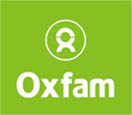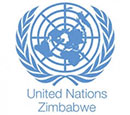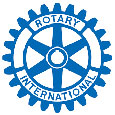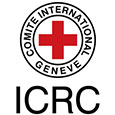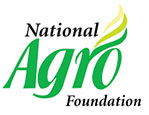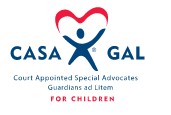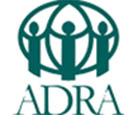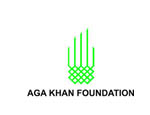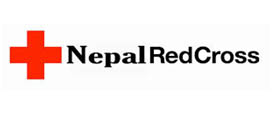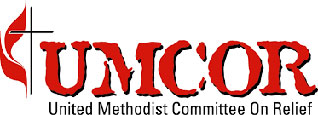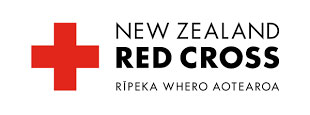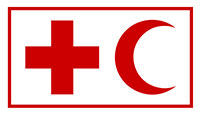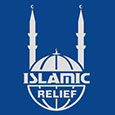Aquaplus has been developing water treatment systems for over 10 years, which has fostered a greater understanding of the importance of being able to provide affordable and reliable water treatment systems for use in emergency response. In 2004 the Disaster Management unit was set up, which focuses significantly on research and development. The ethos of Aquaplus is to produce rigorously tested and affordable treatment systems that can be made available to any NGO or organisation. This is achieved through our extensive research and development programme and Aquaplus’s ethical pricing policy.
As an organisation we work closely with partners, such as Oxfam GB, RedR India, and the renowned research institute the Centre for Environmental Health Engineering at the University of Surrey UK to design and test water treatment systems that are appropriate for use in emergency response
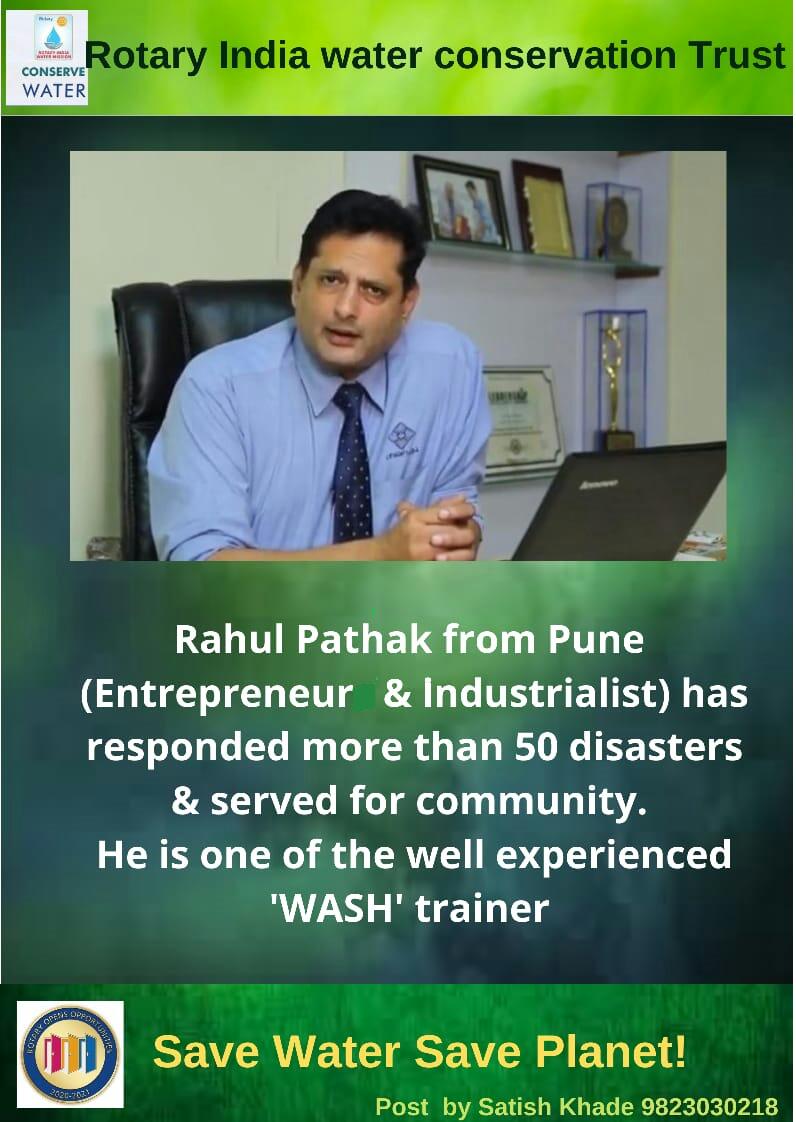
“Successful technology is that which is realistic enough to first focus on preventing the bad from getting the worse. With that crucial goal first accomplished, it then embarks on the path of improving the bad to good and the good to better.”
Vision:
Humanitarian Principles :
Aquaplus Interventions are rights based & are based on the four foundation Humanitarian principles Viz
1) Humanity: Where Human Sufferings must be addressed where ever found, with particular attention to the most vulnerable.
2) Neutrality: that humanitarian aid must not favour any side in an armed conflict or other disputes.
3) Impartiality: that humanitarian aid must be provided solely on the basis of need & without discrimination.
4) Independence: the Autonomy of the humanitarian objectives from political, economic, military or other objective.



